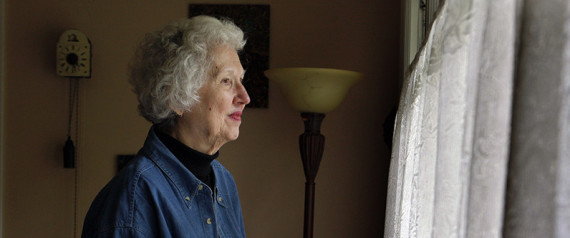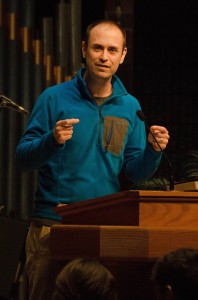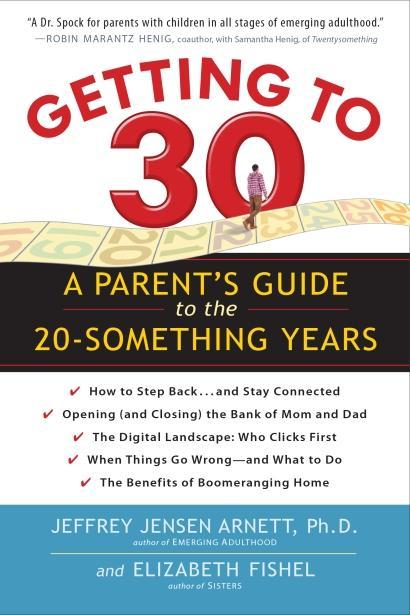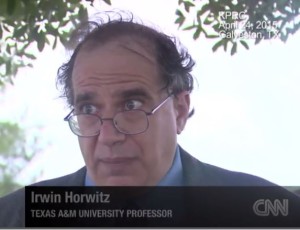Millennials value Authenticity. However, what does this really mean? People have asked me about what the Millennial’s meaning of authenticity, and how their perception is different than other generations.
There is a difference.
According to Karl Moore, in an article on Forbes called, “Authenticity: The Way to the Millennial’s Heart”, he states that “We must better understand the postmodern worldview to effectively work with Millennials.”
I completely agree.

Photo courtesy of Aaron Robert Photography. Copyright 2014. www.aaronrobertphotography.com
I believe that many problems faced by the institutional church are based on the inability of modernistic leadership to lead, communicate, or attract those with a postmodern worldview. The gap between these two ways of viewing ourselves, our world, and our God have erupted into multiple problems for church unity, and the Kingdom of God. Unfortunately, many Christians believe that the Christian faith can only exist within a modern mindset, and therefore those who speak about postmodernism are enemies of God.
However, God is neither Modern nor Postmodern.
The Christian faith can flourish within both the failings of modernity and the weaknesses of postmodernity. I don’t have time to go into all these differences; however, let’s take a look at the concept of authenticity.
A Postmodern View of Authenticity
Modernity valued science and system. Postmodernity reveals that science is limited, and systems are always lacking.
Modernity gave us answers as reason reigned on high. Postmodernity gives us perspectives as diversity reigns.
Authenticity has always been marked by a consistency between declared beliefs and actions. It is a personal resiliency in the face of changing environments. This aspect of the word remains the same.
The difference between the authenticity of a Millennial and those of other generations is often due to scope. Millennials understand their limited perspective, and are hesitant go beyond those borders.

Photo courtesy of Aaron Robert Photography. Copyright 2014. www.aaronrobertphotography.com
Authenticity is limited to the essentials of firm personal beliefs rather than an array of causes and meanings that they are called upon to support from a church, a political party, or other clamoring institutions. Those who call Millennials to adhere to set dogma will lose them. The louder the clamor, the faster they run.
It does not mean that they are against personal beliefs, but they are reluctant from having their beliefs be institutionalized. Comprehensive theological systems are suspect, while individual freedom is applauded. When the individual makes a commitment to an institution, they feel as if they have sold your personal perspective out. (Maybe this is why church membership is declining? Source)
According to Moore, “Postmoderns want to be able to be themselves. They are not interested in playing “the game” their parents once did.” I am not a Millennial, but I remember growing up that our church used to condemn the playing of cards because they were a devise of the devil. It was part of the community’s dogma; however, our family always played with Euchre with cards. When we attended church, we were sworn to secrecy. Millennials are not interested in this lifestyle; therefore, churches should only hold on to doctrine that is essential to their identity.
True authenticity doesn’t try to build a complete theological system, but acknowledges the gaps in their perspective. It is not fearful of the holes in its worldview, and can be at rest with problems unresolved.
Millennials do not run from the truth. I believe they are ruthless searchers for truth. They are not fearful of different perspectives. They value the input of others. They feel the stories of others enrich their lives rather than threaten them.
Authenticity is holding strictly to your individual beliefs rather than following an institution and adopting theological labels (such as premil/post-trib/Calvinist).
A call to authenticity often requires us to lead with the broken, the challenging, and the lacking in our lives. Not in order to find healing or fullness, but to acknowledge the humanity within each of us. It also requires us to support the perspective of others.
What do you think about authenticity?
 Dr. G. David Boyd is the Founder and Managing Director of EA Resources. He provides resources for parents, churches, and emerging adults.
Dr. G. David Boyd is the Founder and Managing Director of EA Resources. He provides resources for parents, churches, and emerging adults.
 I came across a great article this week that I wanted to share with you. It is entitled, Author Phyllis Tickle Faces Death As She Enjoyed Life: ‘The Dying Is My Next Career’. The article was written by David Gibson, and was presented by the Huffington Post.
I came across a great article this week that I wanted to share with you. It is entitled, Author Phyllis Tickle Faces Death As She Enjoyed Life: ‘The Dying Is My Next Career’. The article was written by David Gibson, and was presented by the Huffington Post.











 Getting to 30 by Jeffrey Arnett and Elizabeth Fishel is an excellent read on a parent’s changing roles during the emerging adult years. The book does a great job of balancing research, stories, and practical suggestions for parents of emerging adults.
Getting to 30 by Jeffrey Arnett and Elizabeth Fishel is an excellent read on a parent’s changing roles during the emerging adult years. The book does a great job of balancing research, stories, and practical suggestions for parents of emerging adults.








